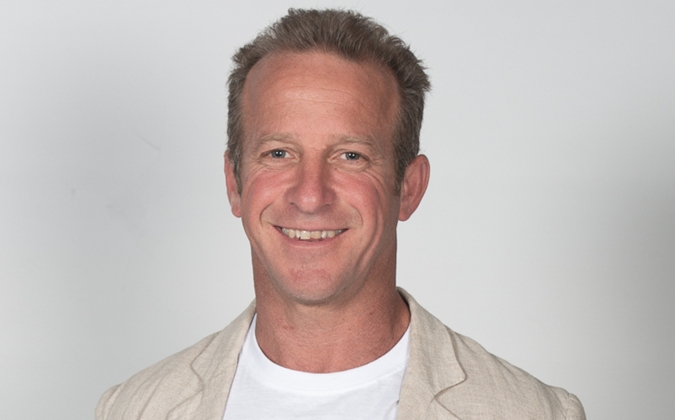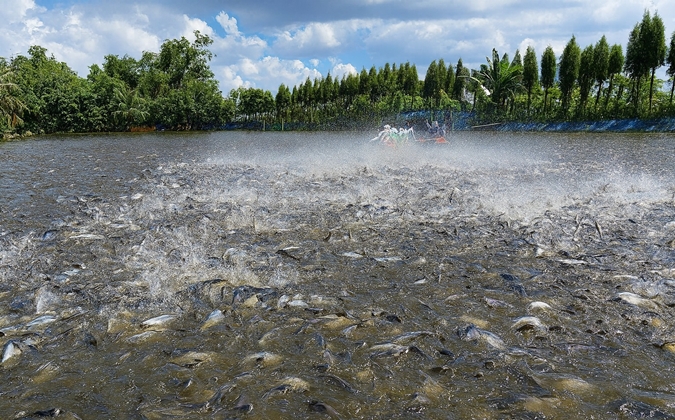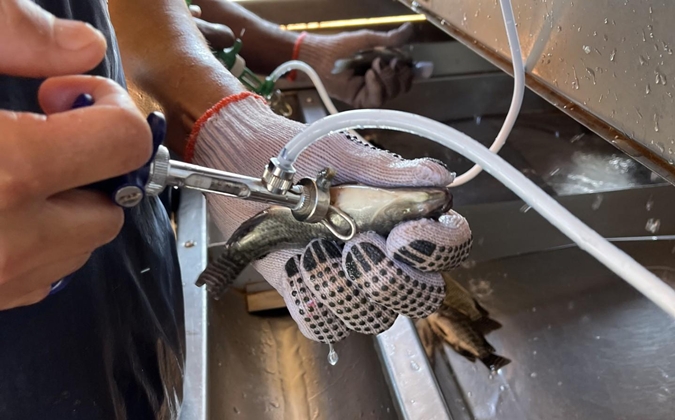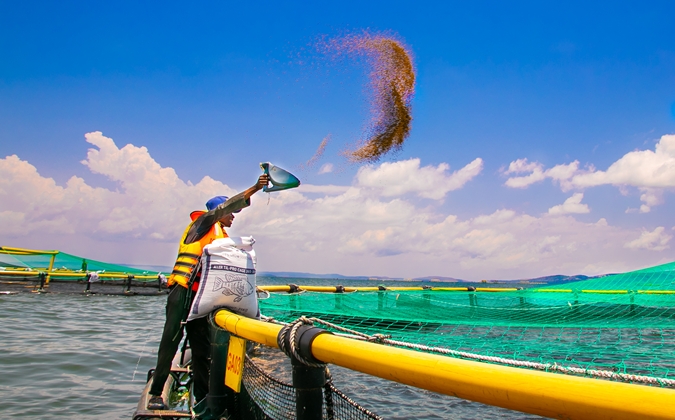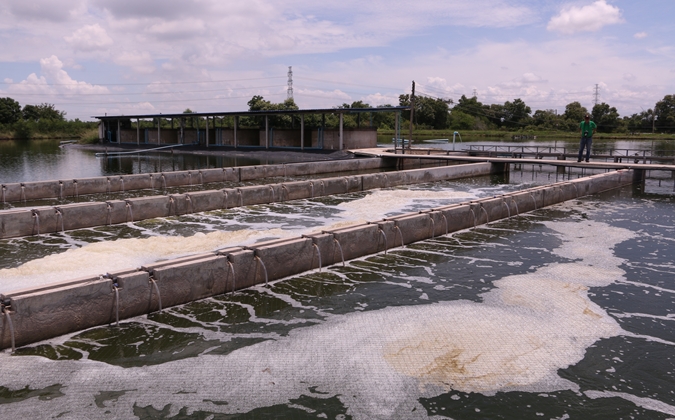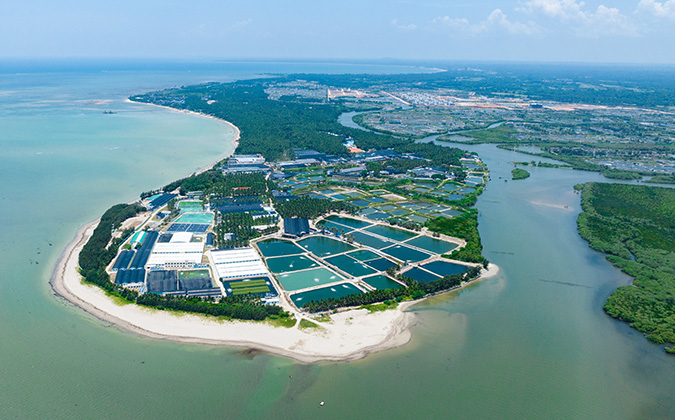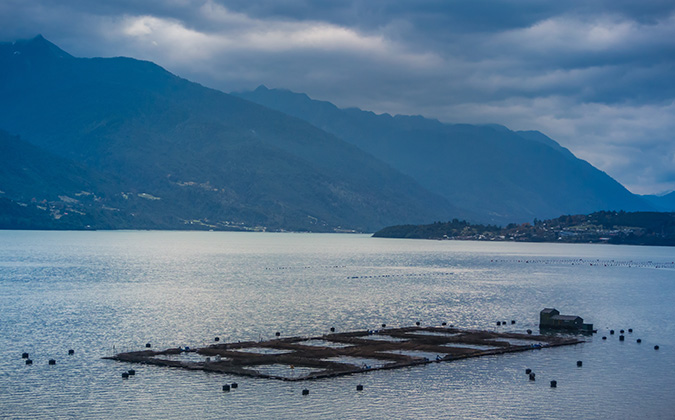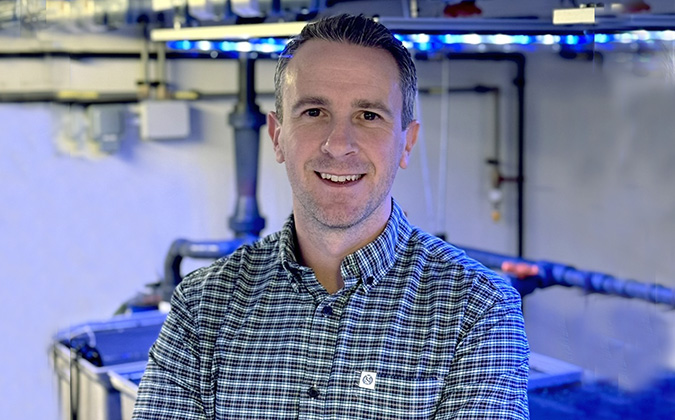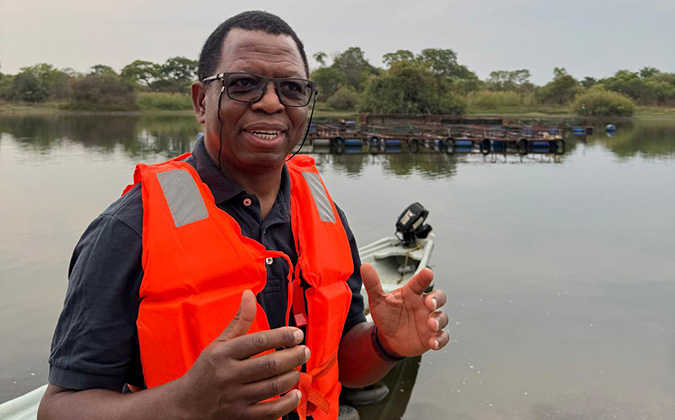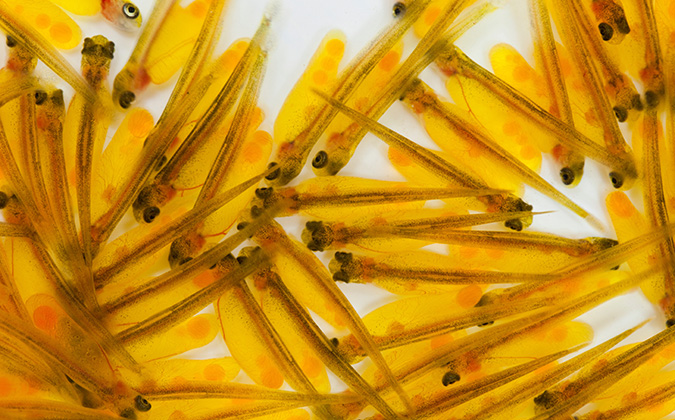Posts by Susan Spiegel
The value of veterinarians in ensuring sustainability for Africa’s fast-growing aquaculture industry
Sub-Saharan Africa is enjoying an aquaculture boom — with fish health and welfare services moving in turn to meet the sector’s needs and ensure sustainable growth. In an interview, veterinarian Brandon Spolander, BVSc, MRCVS, SAVC, MSc, owner of Aquavet Africa, talks about engaging with the growing industry and addressing important gaps.
Read MoreDiagnostic and research facilities bring new offering to Vietnamese pangasius industry
Pangasius production is booming, with a 7% year-on-year increase, and Vietnam remains the world leader in farming the species. But with continued growth comes a need for a greater emphasis on sustainability.
Read MoreWhy small vaccine doses are now the norm in aquaculture
In the last 20 years, fish vaccine doses have got smaller, and at some pace. From 0.2ml once being the industry standard to 0.05ml the most seen now, and some 0.025ml products available, there has been a clear direction of travel. Nils Steine, business unit director for PHARMAQ, explains why.
Read MoreBringing Africa’s aquaculture leaders together to ensure a sustainable future
The freshly formed African Aquaculture Business Leaders Network aim to use the Global Salmon Initiative’s (GSI) model of uniting business leaders to accelerate the sustainable development of African aquaculture. Sophie Ryan from GSI told us about what’s been achieved so far.
Read MoreUS-born aquaculture system has the potential to transform Thai fish farming
An innovative system initially designed to help US catfish farmers is offering a lifeline to fish producers across Southeast Asia who are facing increased pressure to farm more sustainably.
Read MoreTechnological advances can improve sustainability in China’s diverse aquaculture industry
China is the largest aquaculture producer in the world — but in fish health interventions such as vaccines, it often lags behind Europe and the Americas.
Read MoreTemperature and timing key to effective vaccination using ALPHA JECT LiVac® SRS
Temperature in the first days after vaccination is critical in ensuring that a live attenuated vaccine is effective against salmonid rickettsial septicemia (SRS), one of the main disease challenges in Chilean salmon aquaculture.
Read MoreAlternative, ethical and locally sourced feeds can help shape the future of sustainable aquaculture
Dr. Daniel Merrifield from University of Plymouth, who leads a team which has published extensive work analyzing new feed ingredients and has helped the industry bring new products to market, shares his vision of a greener, more ethical future.
Read MoreNorwegian connection helps grow sustainable roots for Sub-Saharan aquaculture
Since 2014, the Norwegian University of Life Sciences (NMBU) has been working in Sub-Saharan Africa to train the region’s next generation of aquaculture professionals on the key facets of fish-health management.
Read MoreArtificial intelligence highlights which salmon eggs have the best chance of success
Software using artificial intelligence is set to help Atlantic salmon producers in Chile make better decisions about the chances of eggs developing successfully into healthy fish, reducing the productivity losses in early fish development which have significant effects on the aquaculture industry.
Read More
